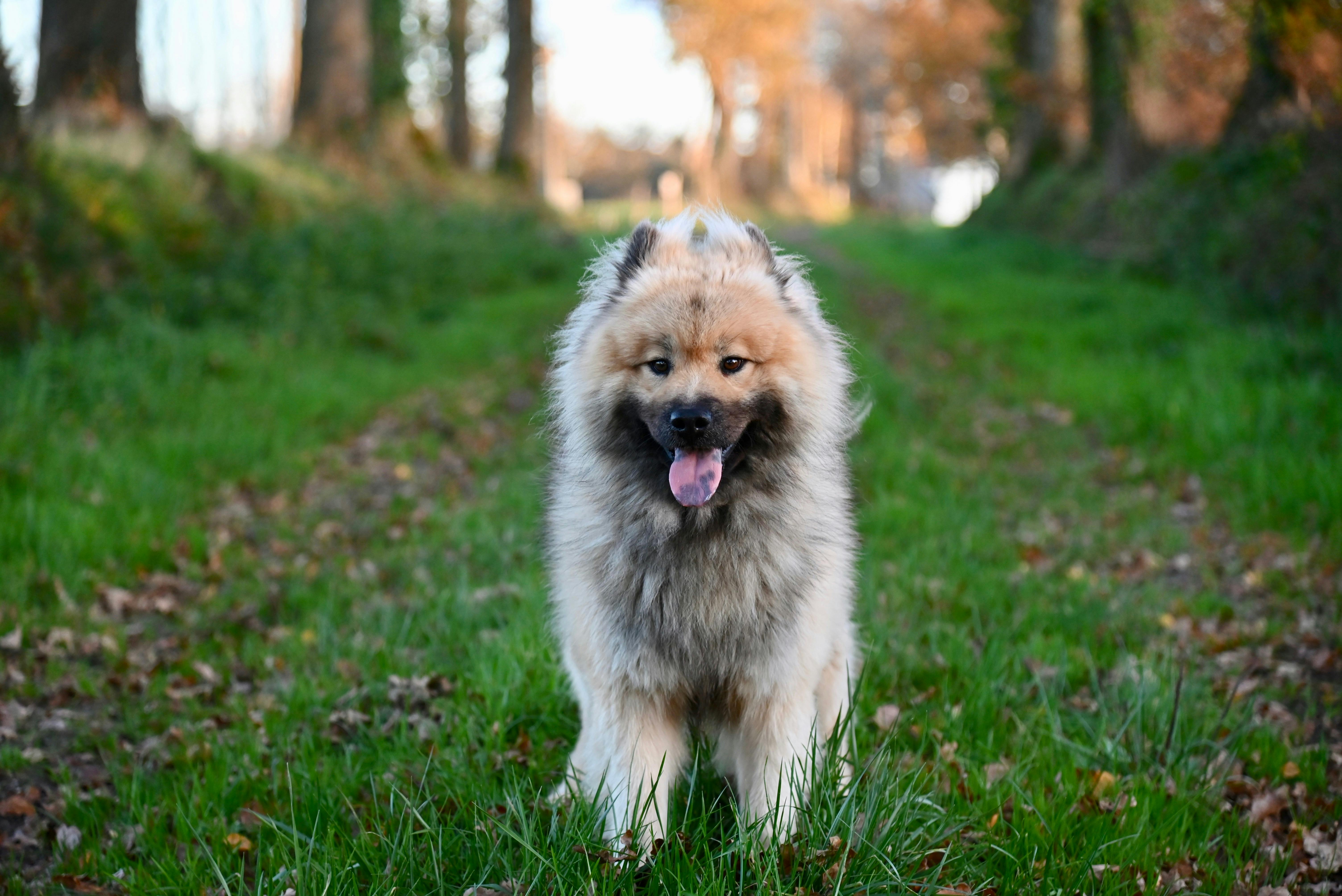Are you curious about whether or not dogs can eat beetroot? Well, we’ve got the answer for you! In this article, we will explore the topic of dogs and beetroot and provide you with all the information you need to know. From the potential health benefits to any potential risks, we’ve got you covered. So, if you’ve ever wondered if adding a touch of beetroot to your furry friend’s diet is a good idea, keep reading to find out!

Understanding Beetroot
What is Beetroot
Beetroot, also known as beets, is a root vegetable that belongs to the same family as chard and spinach. It is known for its vibrant red color and earthy flavor. The root, leaves, and stalks of the beet plant are commonly consumed and have been used in various culinary traditions around the world. Beetroot is not only versatile in the kitchen but also packed with essential nutrients that offer numerous health benefits.
Nutritional Values in Beetroot
Beetroot is a nutritional powerhouse for both humans and dogs. It is low in calories but rich in vitamins, minerals, and antioxidants. Here are some key nutritional values found in beetroot:
- Fiber: Beetroot is an excellent source of dietary fiber, which promotes healthy digestion and helps regulate bowel movements.
- Vitamins: It is rich in essential vitamins such as vitamin C, vitamin A, and vitamin K, which are important for a strong immune system, healthy vision, and proper blood clotting.
- Minerals: Beetroot contains minerals like potassium, magnesium, iron, and folate, which play a vital role in maintaining various bodily functions.
- Betalains: These natural pigments give beetroot its vibrant color and have antioxidant properties that help protect cells from damaging free radicals.
Popular Ways to Consume Beetroot
There are numerous ways to incorporate beetroot into our meals and snacks. Some popular ways to consume beetroot include:
- Raw: Grated or thinly sliced beetroot can be added to salads or used as a garnish.
- Roasted: Roasting beetroot brings out its natural sweetness and enhances the flavors. It can be a delicious side dish or a key ingredient in roasted vegetable medleys.
- Juiced: Beetroot juice is a popular health drink that can be consumed on its own or combined with other fruits and vegetables to create nutritious blends.
- Pickled: Pickled beetroot is a classic condiment that adds a tangy and slightly sweet flavor to sandwiches, salads, or charcuterie boards.
- Cooked: Boiled or steamed beetroot can be mashed, pureed, or used as an ingredient in soups, stews, and other cooked dishes.
Now that we have a better understanding of beetroot, let’s explore its potential health benefits for dogs.
Potential Health Benefits of Beetroot for Dogs
Boosts Immunity
One of the key health benefits of beetroot for dogs is its ability to boost immunity. Beetroot contains vitamin C, which is known to support the immune system. Adequate vitamin C intake can help dogs fight off infections and illness by strengthening their immune response.
Aids in Digestion
Beetroot is rich in dietary fiber, which can aid in digestion for dogs. Fiber helps regulate bowel movements and promotes a healthy digestive system. Adding beetroot to a dog’s diet can prevent constipation and promote regularity.
Provides Antioxidants
Beetroot is a rich source of antioxidants, including betalains. These antioxidants help neutralize harmful free radicals in the body, reducing the risk of oxidative stress and cellular damage. By incorporating beetroot into a dog’s diet, we can provide them with these beneficial antioxidants, which can contribute to their overall health and well-being.
While beetroot offers several health benefits, it is essential to be aware of potential side effects when feeding it to dogs.

Side Effects of Beetroot on Dogs
Possibility of Allergies
Just like humans, dogs can be allergic to certain foods, including beetroot. Common signs of food allergies in dogs include itching, skin rashes, gastrointestinal upset, and even respiratory issues. If you notice any adverse reactions in your dog after consuming beetroot, it is best to consult a veterinarian.
Gastrointestinal Issues
Consuming large amounts of beetroot can cause gastrointestinal issues in dogs. The high fiber content can lead to diarrhea or stomach upset, especially if the dog is not accustomed to such fibrous foods. It is crucial to introduce beetroot gradually and monitor the dog’s response to avoid any digestive discomfort.
Can Cause Reddish Stool and Urine
One harmless side effect of beetroot consumption in dogs is the appearance of reddish stool and urine. This is because beetroot contains a compound called betanin, which may be excreted in the dog’s waste. It is important not to confuse this color change with blood in their stool or urine. However, if you notice any other abnormal symptoms or the discoloration persists, seeking veterinary advice is recommended.
To safely feed beetroot to dogs, here are some guidelines to follow.
Safe Ways to Feed Beetroot to Dogs
Cooked or Raw Beetroot
Both cooked and raw beetroot can be safely fed to dogs. However, some dogs may find raw beetroot challenging to digest due to its fibrous nature. Cooking beetroot makes it more easily digestible and may help avoid any gastrointestinal issues. It is best to start with small amounts and observe how your dog tolerates each form of beetroot.
Introducing Beetroot Gradually to Dogs
When introducing beetroot to a dog’s diet, it is important to do so gradually. Start with small amounts and assess the dog’s response. If there are no adverse reactions, the amount can gradually be increased. This gradual introduction helps the dog’s digestive system adjust to the new food and reduces the chances of digestive upset.
Monitor Dogs After Feeding Beetroot
After feeding beetroot to dogs, it is essential to monitor them for any signs of allergies or digestive issues. Keep an eye out for symptoms such as itching, vomiting, diarrhea, or changes in behavior. If any concerning symptoms occur, it is best to consult with a veterinarian to determine if beetroot is suitable for the dog’s individual needs.
While beetroot can be a healthy addition to a dog’s diet, there are certain situations when dogs should not consume it.

Situations when Dogs Should Not Consume Beetroot
Dogs with Certain Health Issues
Some dogs may have underlying health conditions that can be aggravated by beetroot consumption. For example, dogs with kidney or bladder stones may need to avoid beetroot due to its high oxalate content. Additionally, dogs with diabetes or pancreatitis may need to be cautious with beetroot due to its natural sugars. It is important to consult with a veterinarian before feeding beetroot to dogs with any pre-existing health conditions.
Dogs Prone to Allergic Reaction
If a dog has a known allergy to beetroot or other foods in the same family, it is advisable to avoid feeding them beetroot altogether. Allergic reactions can range from mild to severe and may include symptoms such as itching, swelling, difficulty breathing, or even anaphylaxis. Always prioritize your dog’s safety and health by avoiding known allergens.
Let’s take a look at the veterinary viewpoint on dogs and beetroot.
Veterinary Viewpoint on Dogs and Beetroot
Research on Dogs Consuming Beetroot
While there is limited specific research on dogs consuming beetroot, many veterinarians agree that moderate beetroot consumption can be safe and beneficial for dogs. However, as with any new food, it is essential to monitor the dog’s response and tailor the diet to their individual needs.
Veterinary Advice on Beetroot for Dogs
Veterinarians recommend consulting with them before introducing beetroot into a dog’s diet, especially if the dog has any medical conditions or allergies. They can provide personalized advice based on the dog’s health history and dietary requirements. Veterinarians can also guide dog owners on appropriate portion sizes and the best ways to cook or prepare beetroot for their furry friends.
To further understand the impact of beetroot on dogs, let’s explore some case studies.
Case Studies of Dogs Consuming Beetroot
Dogs Enjoying Beetroot
Many dog owners have reported positive experiences with feeding beetroot to their furry companions. Some dogs enjoy the taste and texture of beetroot and have shown improved digestion and overall well-being as a result. These case studies demonstrate the potential benefits of beetroot when incorporated into a balanced and appropriate diet for dogs.
Unfavorable Reactions in Dogs After Eating Beetroot
Occasionally, some dogs may have unfavorable reactions to beetroot. These can range from mild gastrointestinal discomfort to allergic reactions. These case studies highlight the importance of observing dogs closely after introducing beetroot and seeking medical assistance if necessary.
While beetroot can offer health benefits to dogs, it is important to explore alternative options as well.
Alternatives to Beetroot for Dogs
Other Vegetables Dogs Can Eat
If beetroot is not suitable for a dog’s diet or if owners are looking for variety, there are other vegetables that can be fed to dogs:
- Carrots: Carrots are packed with vitamins and fiber, making them a healthy and crunchy snack for dogs.
- Green Beans: Green beans are low in calories and high in fiber, making them an excellent choice for weight management and digestive health.
- Sweet Potatoes: Sweet potatoes are rich in vitamins and minerals and can be cooked and served as a nutritious snack or ingredient in homemade dog treats.
Healthy Treats for Dogs
In addition to vegetables, there are various healthy treats available specifically formulated for dogs. These treats are designed to provide nutritional benefits while satisfying a dog’s cravings. When choosing treats for dogs, it is important to opt for high-quality options that prioritize natural ingredients and avoid any harmful additives or preservatives.
Now, let’s address some common myths and facts about dogs eating beetroot.
Myths and Facts about Dogs Eating Beetroot
Common Misconceptions
Myth: Beetroot can replace a balanced diet for dogs.
Fact: While beetroot offers nutritional benefits, it should not replace a balanced diet specifically formulated for dogs. Beetroot can be a healthy addition to a dog’s diet, but it should be part of a varied and balanced meal plan suitable for their individual needs.
Myth: Dogs cannot digest beetroot properly.
Fact: While dogs may have difficulty digesting raw beetroot due to its fibrous nature, cooked beetroot is generally more easily digestible. However, as with any new food, it is important to monitor a dog’s response and adjust their diet accordingly.
Scientifically Proven Information
Fact: Beetroot contains essential nutrients that can contribute to a dog’s overall health and well-being.
Studies have shown that beetroot is rich in vitamins, minerals, and antioxidants that offer various health benefits. However, more research is needed to specifically evaluate the effects of beetroot on dogs.
Fact: Beetroot may cause reddish discoloration in a dog’s stool and urine.
The pigments present in beetroot can cause the color change in a dog’s waste, which is typically harmless. However, if other symptoms accompany the discoloration or persist, it is recommended to seek veterinary advice.
Now, let’s recap the information discussed and provide a final verdict on whether dogs can eat beetroot.
Conclusion: Can Dogs Eat Beetroot
In conclusion, beetroot can be a healthy addition to a dog’s diet when introduced and monitored appropriately. It offers several potential health benefits, including immune system support, improved digestion, and the provision of essential antioxidants. However, it is crucial to consider individual factors such as a dog’s health condition, allergies, and tolerance to new foods.
By following safe feeding practices, consulting with a veterinarian, and monitoring the dog’s response, beetroot can be a nutritious and enjoyable addition to a dog’s meal plan. Remember to introduce beetroot gradually, cook it if necessary, and watch for any adverse reactions. As responsible pet owners, our ultimate goal is to prioritize our dogs’ well-being and provide them with a balanced and wholesome diet.
With a better understanding of beetroot’s potential benefits and side effects, we can make informed decisions about incorporating this vibrant vegetable into our furry friends’ lives. Remember, the key is always moderation and attentiveness to our dogs’ unique needs. So, go ahead and enjoy the benefits of beetroot while ensuring the health and happiness of our beloved canine companions.




